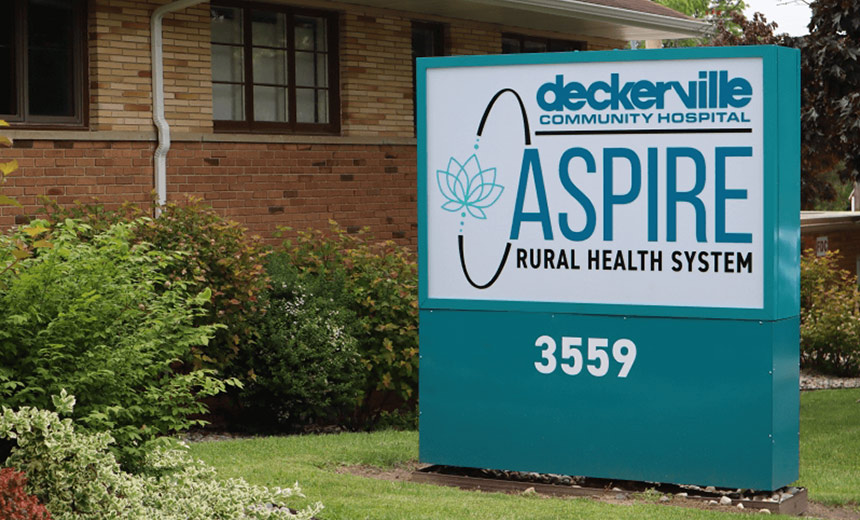Data Breach Notification,
Data Security,
Fraud Management & Cybercrime
Threat Actors Breached a Rural Michigan Health System for Approximately Two Months; BianLian Claims Responsibility

A rural health system in Michigan has reported a significant data breach affecting nearly 140,000 individuals. The breach, attributed to the cybercriminal group BianLian, occurred between November 2024 and January 2025. This incident has prompted notifications to those whose data may have been compromised.
Aspire Rural Health System disclosed in a breach report submitted to the Maine attorney general that 138,386 individuals were affected by this hacking event. As stated on their website, Aspire comprises a network of over 70 healthcare providers serving Huron, Sanilac, Tuscola, and Lapeer counties, focused on enhancing access to quality healthcare in rural areas.
According to Aspire’s breach notice, the unauthorized access to their internal network was detected around November 4, 2024, lasting until January 6, 2025. However, the notification does not specify when this breach was actually discovered. Following the identification of the unauthorized activity, Aspire initiated containment measures and engaged external cybersecurity experts to assess the scope of the breach.
By mid-July, Aspire determined that the files obtained by the attackers contained sensitive personally identifiable information (PII) and protected health information (PHI). The information compromised includes names, dates of birth, Social Security numbers, financial account details, medical records, health insurance information, and various identifiers, which differ among individuals.
Aspire has not identified any occurrences of financial fraud or identity theft directly linked to this incident up to this point. BianLian, the ransomware group allegedly behind the attack, lists Aspire among approximately 553 victims on its dark web site, asserting that stolen data includes not only PII and PHI but also various databases and correspondence.
The Aspire incident has yet to appear on the U.S. Department of Health and Human Services’ HIPAA Breach Reporting Tool, which catalogs health data breaches affecting 500 or more individuals. This raises concerns about timely reporting and response mechanisms in the healthcare sector.
Cybersecurity Challenges for Rural Providers
Experts observe that healthcare providers in rural areas like Aspire face unique cybersecurity hurdles that can impede their ability to prevent, detect, and respond to security threats. Limited budgets and resources often compel these organizations to prioritize other operational issues over cybersecurity.
Legacy systems also pose significant risks as they may lack compatibility with modern security solutions. The shortage of dedicated cybersecurity professionals compounds this issue, leaving IT teams with multiple responsibilities that extend beyond data protection.
The lack of 24/7 monitoring services further exacerbates vulnerabilities, allowing attackers greater opportunity to traverse networks unnoticed. Many rural healthcare institutions are heavily reliant on third-party vendors for essential functions, which can introduce additional risks if those vendors do not maintain robust security practices.
This situation renders rural health systems particularly susceptible to cyberattacks, making it imperative to advocate for stronger cybersecurity measures. Unfortunately, the delay in Aspire’s detection of unauthorized access highlights the ongoing challenges, as breaches in the healthcare sector can take an average of 213 days to discover, according to IBM’s analysis.
Aspires’ experience underscores the importance of enhancing detection capabilities and response times, particularly for healthcare entities operating in rural environments.
